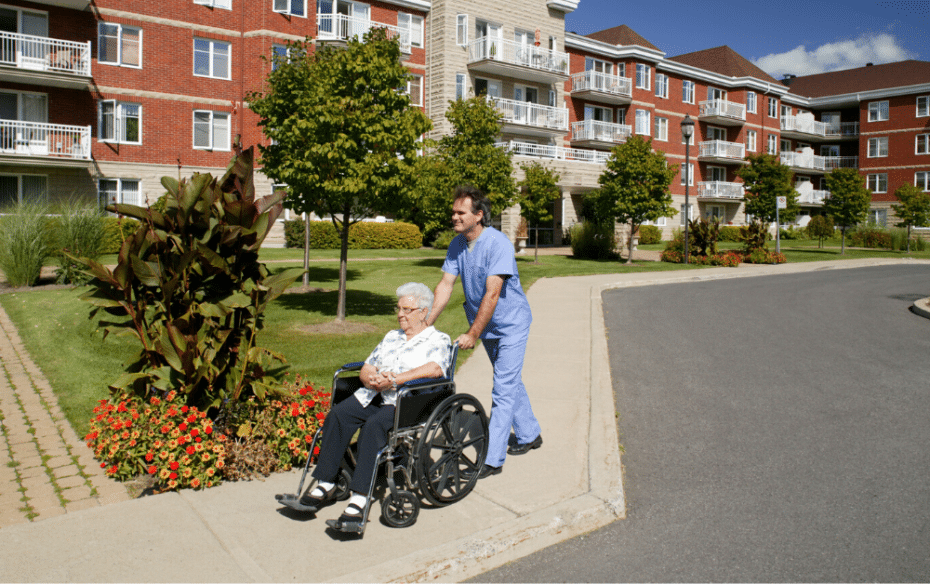Call Us At 519.672.5666
Insights & Articles
Long-Term Care Homes and Negligence

The COVID-19 pandemic has been unprecedented and has created widespread uncertainty in communities and around the world. Long-Term Care and Retirement Homes have been disproportionately impacted by COVID-19. The inadequate and negligent care provided to residents in certain homes, although not new or exclusive to COVID-19, has been exacerbated by the pandemic. This pandemic has not only exposed the failings of these homes in terms of their ability to provide dignified care to our elders, but has revealed a broken system that does little to nothing to address these failings.
Have you or someone you know suffered during this COVID-19 pandemic, as a result of the negligence of a Long-Term Care or Retirement Home? If so, you might have a right to sue on behalf of yourself and/or your loved one, if there was negligence on the part of the home.
What is negligence? Negligence in law requires the following elements:
- There is a duty of care owed by one party to the other;
- There was a breach of that duty either by the actions or inactions of the party owing the duty of care;
- The breach caused harm
- The harm is not too remote (in other words the harm relates to and flows from the breach/wrongdoing, as opposed to other collateral or intervening acts or circumstances)
- The harm has caused damages.
What does it mean to breach a duty of care? This means that the party acted or failed to act in the way that their duty of care requires of them to. A court, in determining whether the party breached their duty, will use what is known as the ‘reasonable person’ standard.
A reasonable person, is a ‘prudent or careful person’ in similar circumstances. This standard does not require perfection. Therefore, a reasonable person may not be found liable for an accident or lapse in judgment. This analysis is done on an objective, and not subjective basis, meaning a court will not look at what the individual party did at the time, but rather what a reasonable person would have done in the same circumstances.
What is causation? Causation requires the court to use the ‘but for’ analysis. The court will ask whether ‘but for’ the negligence of the party, the loss would have occurred. This however, does not require that the action be the reason for the harm, but a cause for it.
What is remoteness? The court requires that the harm and damage suffered by the plaintiff not be too remote. This means that the damages suffered must be, generally, a foreseeable consequence of the negligence. The exact outcome does not need to be foreseen, it only needs to be a real possibility.
What is damage? The court requires that a person has actually suffered damages. The mere exposure or threat of harm is not sufficient to constitute damage.
Please contact Lawyers Sabrina Lombardi or Catherine Shearer if you believe you or your loved one has suffered because of negligence at either a Long Term Care or Retirement Homes. We are here to help.

